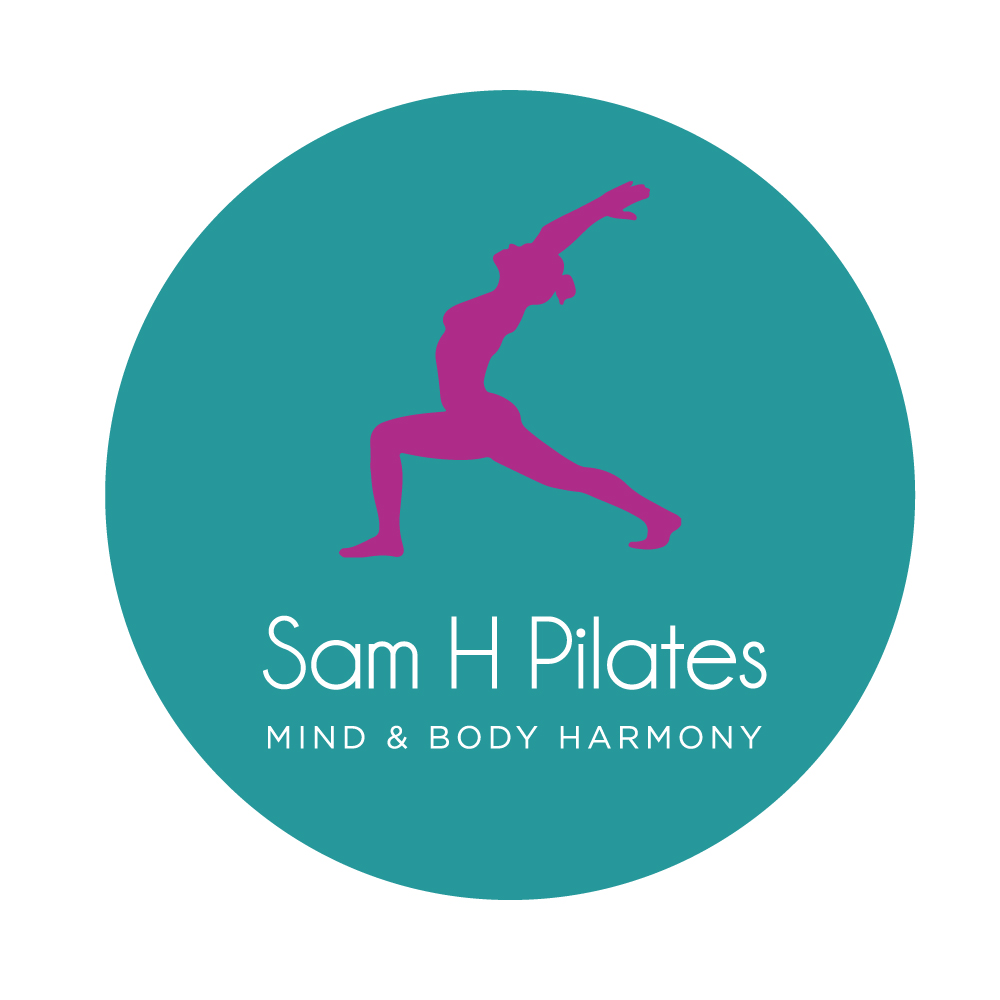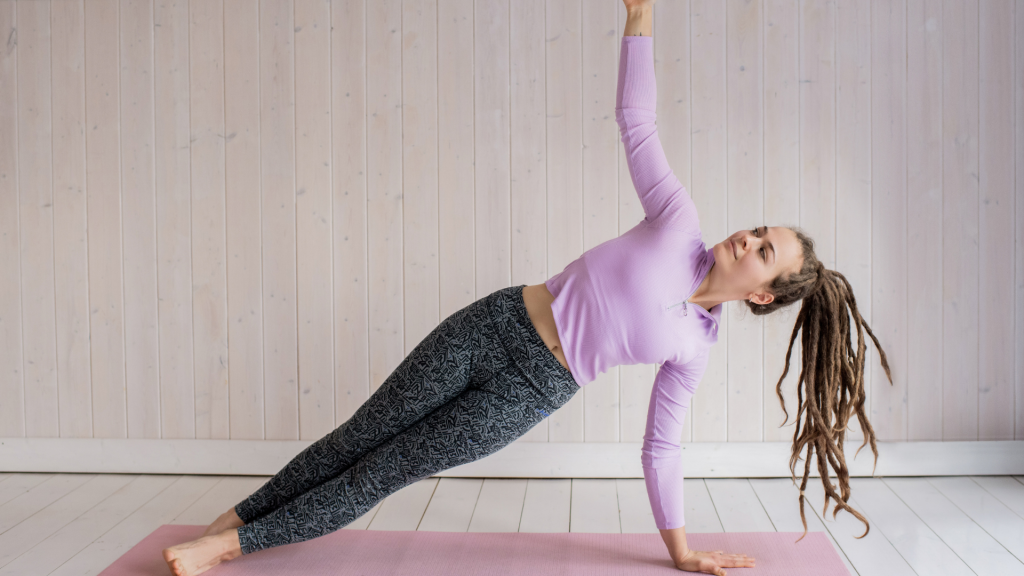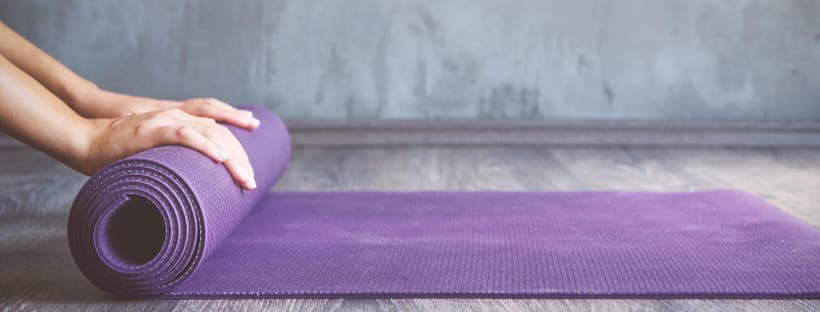Weekly Update
10 Reasons to do Pilates
Better Posture
Your spine supports the weight of your body and allows your body to move with ease and comfort. That’s the theory anyway. But in practice, hours spent sitting in front of a computer screen or slumped in front of a TV means that the spine’s natural S shape is lost, resulting in back pain and rounded shoulders. Pilates helps to re-align the spine and with that comes better posture.
Reduced Back Pain
A great deal of lower back pain comes from poor posture and our daily mistreatment of our spines. By re-aligning your spine and improving your posture, lower back pain can often be eliminated entirely.
Better Sleep
Ask anyone to name three things essential for life and you will be told, water, air and food. Few people will mention sleep and yet it too is essential to life. A disturbing ten million prescriptions for sleeping pills are issued every year in England alone – a figure that gives you some idea of the numbers of people who suffer from insomnia. Pilates can help stretch muscles, releasing tension and pain, and it can also help trigger natural sleep responses.
Increased strength & stamina
Pilates helps increase both your strength and stamina without adding unwanted bulk because it focuses on developing your “core” muscles – muscles found in your abdominal and pelvic regions as well as in your back. By toning and stretching these muscles, and by correcting your posture, your natural strength and stamina will improve in leaps and bounds.
Stronger Bones
One in two women and one in five men over the age of 50 in the UK will break a bone, mainly because of a bone disorder called osteoporosis. Osteoporosis affects three million people in the UK every year, with bones (and particularly those of the spine, wrist and hips) becoming thin and weak and susceptible to fractures. By promoting good posture and balance, Pilates can actively help you avoid becoming one of those people.
Stress Busting
Pilates is a gentle form of exercise that literally re-introduces you to your own body. The better you understand your body and how it works, the easier it will be for you to release tension, relax and beats the stresses and strains of modern life.
Stronger Pelvic Floor
Stress incontinence is the most common form of incontinence and affects over three million people in the UK. A common cause of this type of incontinence in women is pregnancy, where the pelvic floor muscles can be weakened, but as we get older muscles in the pelvic area can weaken too. Pilates will help you strengthen your pelvic floor muscles, thereby curing what can be a very distressing problem for sufferers.
Improved Balance
Pilates helps improve your balance and co-ordination by realigning your spine and strengthening your “core” muscles. Better balance and co-ordination means fewer injuries – hence Pilates growing popularity among professional sports people – from dancers to rugby players.
Rehabilitation
Because of its low impact nature, Pilates is widely recognised as being beneficial to people who are recovering from certain types of injury including whiplash and a wide range of sporting injuries. Indeed, many of the injuries that sports people are afflicted with can be avoided – and Pilates can play a big part in ensuring correct body movement and core body strength leads to fewer such injuries.
No pain plenty of gain!
In most gyms you will hear the mantra “no pain, no gain”, but you won’t hear it repeated in a Pilates class. Pilates is a gentle non-aerobic form of exercise that will tone and strengthen your muscles and transform poor posture without stressing the joints or the heart.




